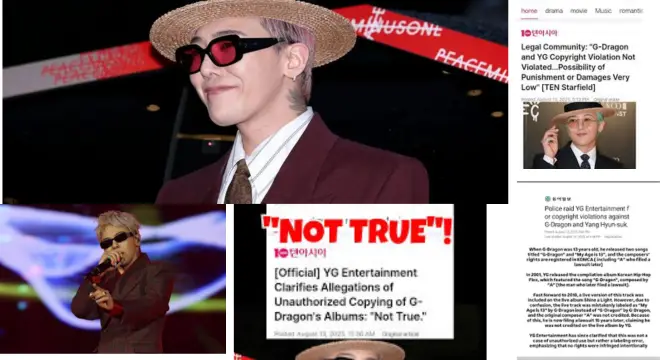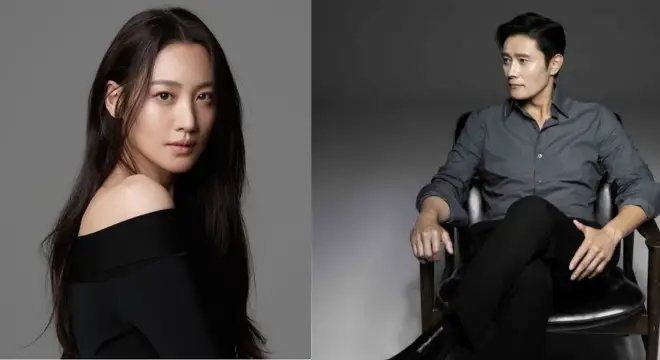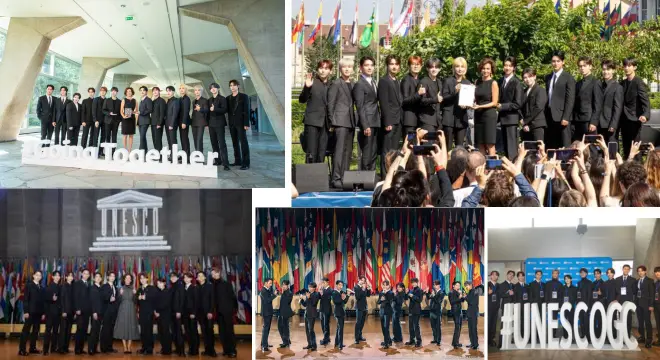|
Getting your Trinity Audio player ready...
|
Did G-Dragon really break copyright law?
Did he perform someone else’s song and pass it off as his own?
Or is this just another misunderstanding that has been blown out of proportion?
And most importantly – who is responsible?
The K-pop frame has made waves as conversations surrounding singer G-Dragon and “I’m Thirteen.” His name has been in the headlines of a copyright infringement suit and, while on the surface this issue could consist of mere legality, the larger picture seems much less black & white. This suits, while legal on some level, is also an unfolding story, infused with confusion and curiosity from fans all over the world.
2. What Started the Controversy?
The controversy began when composer Mr. A filed a lawsuit in November 2024.
According to Mr. A, his 2001 track titled “G-DRAGON” was used without permission. He claims that YG Entertainment copied his song and released it in G-Dragon’s 2009 concert album under a new title, “My Age is Thirteen.”
Because of this, Mr. A held G-Dragon, YG founder Yang Hyun-suk, and the YG Plus CEO responsible for copyright infringement.
This litigation is what fueled the full-blown debate:
Did G-Dragon actually misclaim another persons work, or was this a substantial miscommunication?
3. What was G-Dragon’s involvement in the song
Inherently, probably the largest question on everyone’s mind was: Did G-Dragon actually copy the song?
Interestingly, investigations also showed that G-Dragon was never listed as copyright holder.
Legally, he had nothing to do with the ownership of the song.
He had simply performed the track as a singer at his 2009 solo concert — not as a composer, not as a copyright holder.
This also means that he never earned revenue from the track. If royalties were paid, they would have gone directly to the original composer.
In simple terms: G-Dragon’s role was limited to a stage performance, and copyright claims don’t directly apply to him.
4. The Song Title Confusion
Here’s where things got messy. Back in 2001, there were actually two different songs with the exact same title: “G-DRAGON.”
- One was composed by Mr. A.
- The other was composed by Perry.
When G-Dragon performed at his 2009 concert, he sang both tracks in a medley style (back-to-back, combined into one performance).
But the confusion deepened when YG Entertainment released the concert album in 2010. They made slight changes to avoid duplicate titles:
- Mr. A’s “G-DRAGON” was renamed “My Age is Thirteen.”
- Perry’s version kept the title “G-DRAGON.”
This simple renaming ended up sparking the misunderstanding. Many assumed G-Dragon had changed the song title to pass it off as his own, when in reality, it was just an internal adjustment by the company.
5. What Do Authorities Say?
So, what do the authorities think?
The Korea Music Copyright Association (KOMCA) made its stance very clear:
- G-Dragon is not responsible, since he isn’t listed as a copyright holder.
- Simply changing a title does not count as unauthorized duplication.
However, KOMCA did acknowledge a possible moral rights issue. If a composer feels the integrity of their work was harmed (like renaming without consent), then that can still be argued.
Another complication: royalty calculations for medley performances are extremely tricky. Streams don’t register them easily, and they are often not treated as independent tracks.
In short: From a legal perspective, it’s hard to hold G-Dragon directly accountable.

6. Current Police Investigation
Right now, the spotlight is on the ongoing police inquiry.
The Seoul Mapo Police Station has started investigating Mr. A’s complaint, though no detailed findings have been made public yet.
Meanwhile, G-Dragon’s representative issued an official statement:
“He didn’t even know about the lawsuit until it had already been filed.”
This clarification was reassuring for many fans because it implies that the situation is more of a miscommunication by someone higher up in the ranks of decision makers rather than G-Dragon purposely going against anyone.
7. Fans’ Reactions & Public Perception
The news has shocked and worried fans. However, it is interesting to note that most fans are standing strong with G-Dragon.
On Twitter, Instagram, and Korean online forums, comments keep pouring in:
- “GD is being unfairly targeted — he isn’t even a copyright holder.”
- “This entire controversy is just one big misunderstanding.”
The buzz grew so strong that the hashtag #StandWithGDragon started trending worldwide.
Instead of damaging his reputation, the controversy has only strengthened the loyalty of his fanbase. Similar to the excitement around IU’s 2025 fan meet-up, fans have once again shown how united the K-pop community can be during tough times.
8. Conclusion
Basically, G-Dragon does not qualify in this copyright controversy. The real controversy rests on the confusion of the song title and YG Entertainment’s editing decisions.
The cause shall stand with the Seoul Police investigation for the time being. The fans and the public shall have to wait for the official verdict.
But there is one thing for sure-the G-Dragon fans are more united than ever if it is either a misunderstanding or a controversy.


